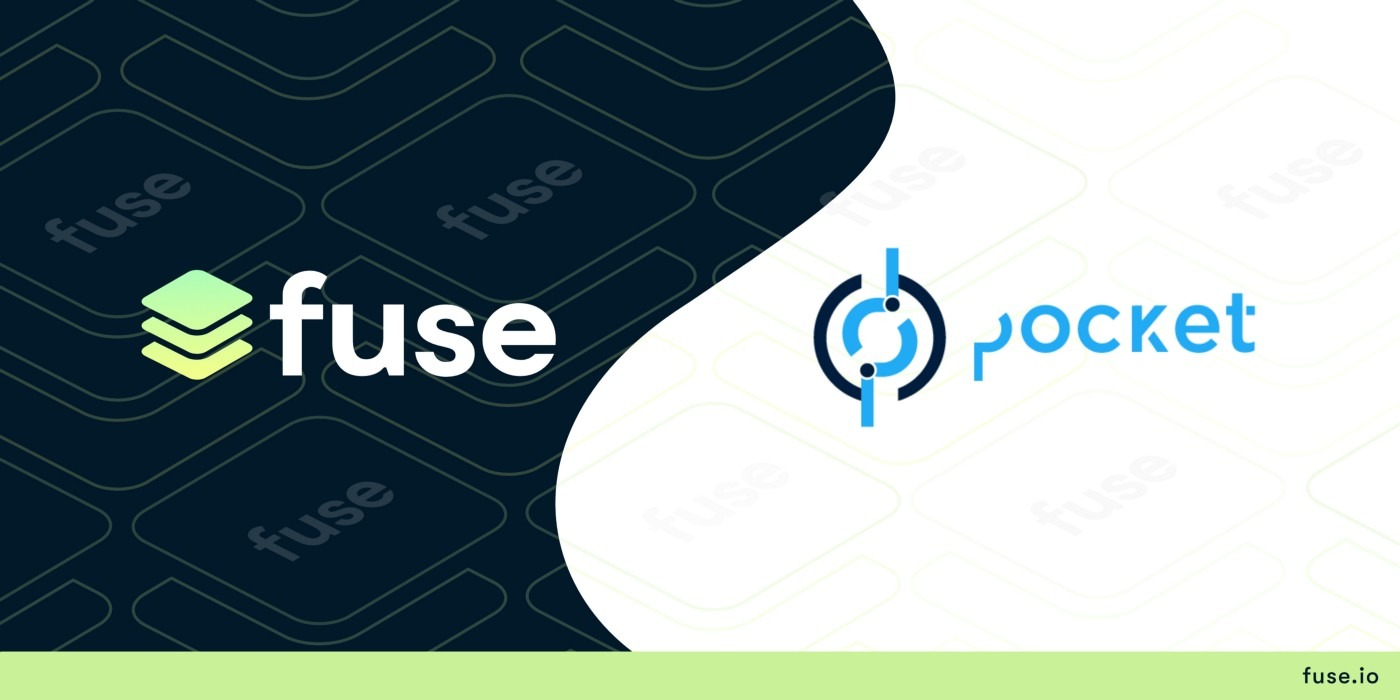One of the most important things about blockchains is that they are information systems sealed off from other software. This ensures that only correctly submitted messages of a certain format are sent over the network. And, whilst there are many security and decentralization-focused benefits to this, it also creates the issue of how external devices that are not blockchain nodes can interact with blockchain networks. If exchanging messages on a blockchain network is a function that is limited exclusively to full nodes, this can dramatically limit its capacity to scale and satisfy real-world needs.
This is where the remote procedure call (RPC) protocol comes in. RPC allows external devices to exchange messages with blockchain nodes. In a way, what RPC software does is translate requests from external sources into a language that blockchain nodes understand. If a node on the blockchain supports RPC, external devices can use its RPC endpoint (such as rpc.fuse.io) to interact with the node’s chain.
The full node incentive problem and Pocket Network’s solution
A pressing issue that many blockchains, including Fuse and even Ethereum face, is that there is no economic incentive for most network participants to run full nodes that are not block-producing, let alone provide public RPC endpoints.
Even where full nodes are run, they are often just instances on centralized providers like Infura. This undermines an important aspect of decentralization and makes blockchains vulnerable to attacks, such as DDoSing.
Moreover, full nodes with RPC endpoints are mostly run by core teams behind decentralized applications (dApps) that have to make sure that their users can access the blockchain. This makes dApp developers incur significant additional costs and also engage in an activity that other, more specialized providers could be better positioned to perform.
Pocket Network has been designed to solve the economic incentive problem for running full nodes and transmitting messages from external devices to them.
At the core of Pocket Network’s functionality are native Pocket nodes. Their role is to receive RPC calls from the users of the blockchains supported by Pocket and transmit them to the nodes of relevant blockchains. Relayer node operators also typically have to run full nodes of the blockchains whose users they wish to serve in order to ensure smooth relays.
Although Pocket node operators are not directly remunerated by the Pocket protocol for running full nodes, they are rewarded for relaying user messages with newly issued Pocket-native POKT tokens.
Once a blockchain is approved on Pocket Network as a paid network, Pocket nodes can be paid for servicing relays to and from it. The functioning of Pocket Network is organized around one-hour-long sessions, during which random subsets of Pocket nodes are selected to serve each of the supported blockchains.
Application developers who would like Pocket nodes to relay the RPC calls from their users need to stake an amount of POKT proportional to the number of relays they need. Once staked, the tokens are essentially removed from circulation, offsetting the issuance of new POKT tokens. This ensures that relayer nodes are not remunerated in a highly inflationary currency that continually loses value over time.
Progress with Fuse-Pocket integration
Fuse initially announced a collaboration with Pocket Network in March this year, and since then, both project teams have been hard at work ironing out the technical aspects of the innovative integration.
We are delighted to announce that the Fuse blockchain has now officially become a paid network on the Pocket platform!
This means that Pocket Network nodes will now be remunerated in POKT tokens for relaying transactions sent by Fuse users. The first public Fuse RPC endpoint on Pocket to which applications running on Fuse will be able to point the transactions submitted by their users has now been activated, able to support up to 3 million relays from Fuse users per session. More than 600 Pocket nodes are now serving Fuse, and have already been relaying millions of RPC calls.
In the future, we plan to increase Pocket-powered relay capacity for the Fuse ecosystem. We also hope to see applications and communities running on top of Fuse increasingly creating their own Pocket endpoints to further decentralize the RPC call relay layer.
Follow our social media channels to stay updated on recent news and developments at
.svg)
.svg)











